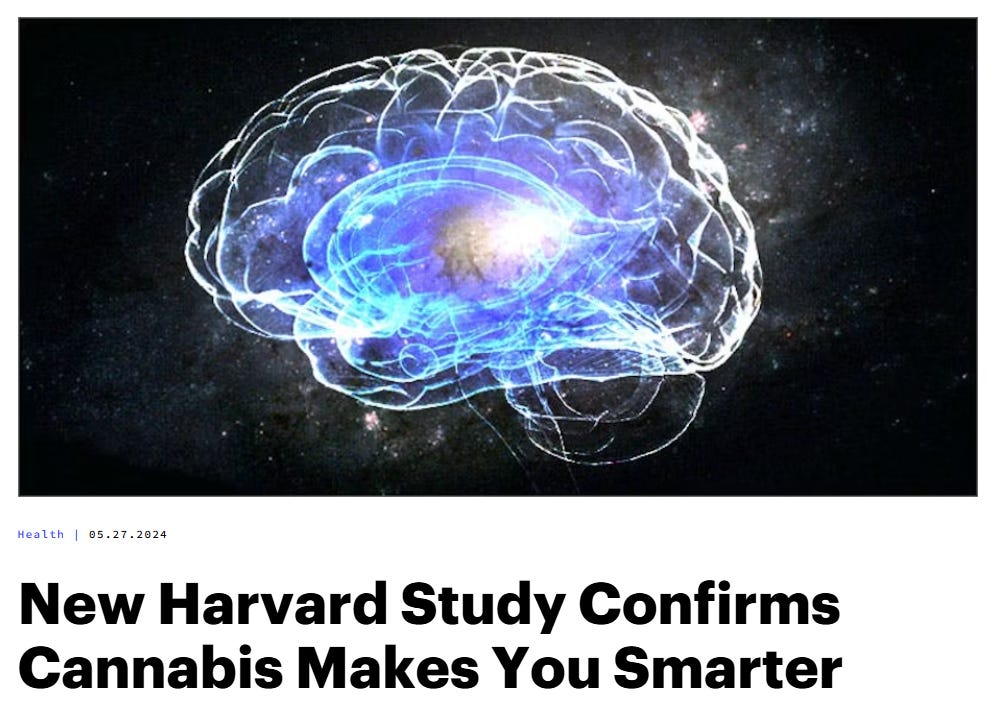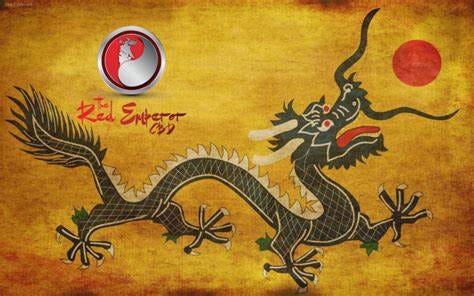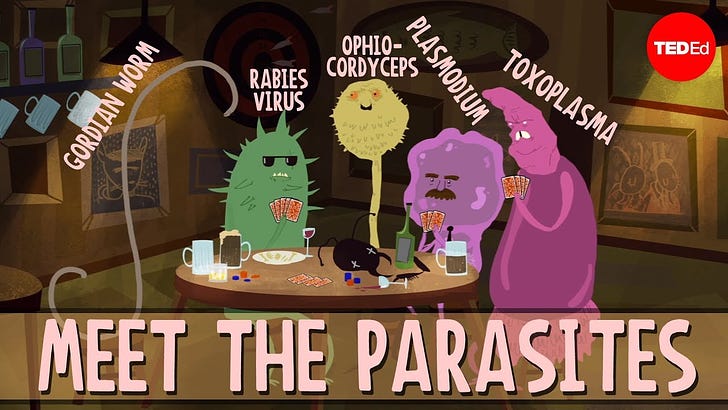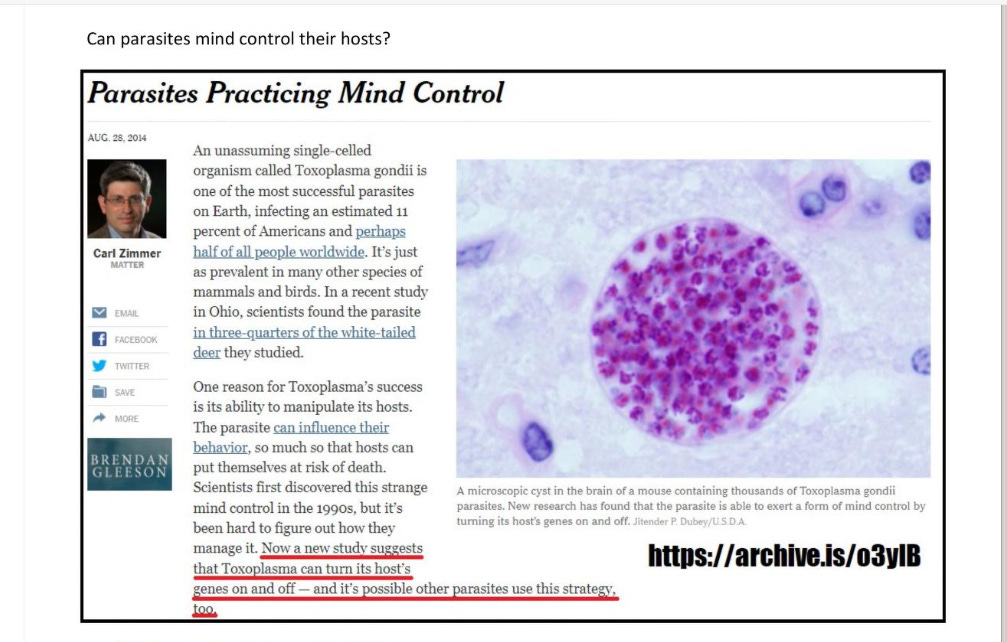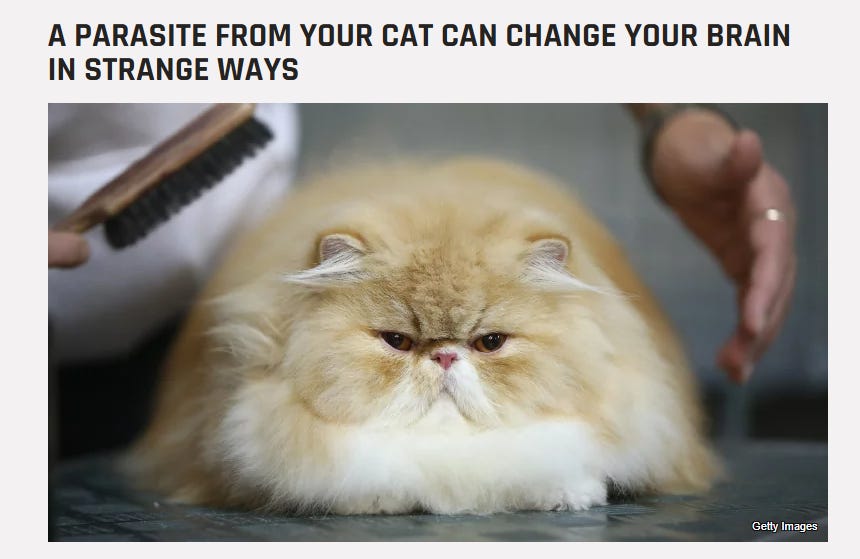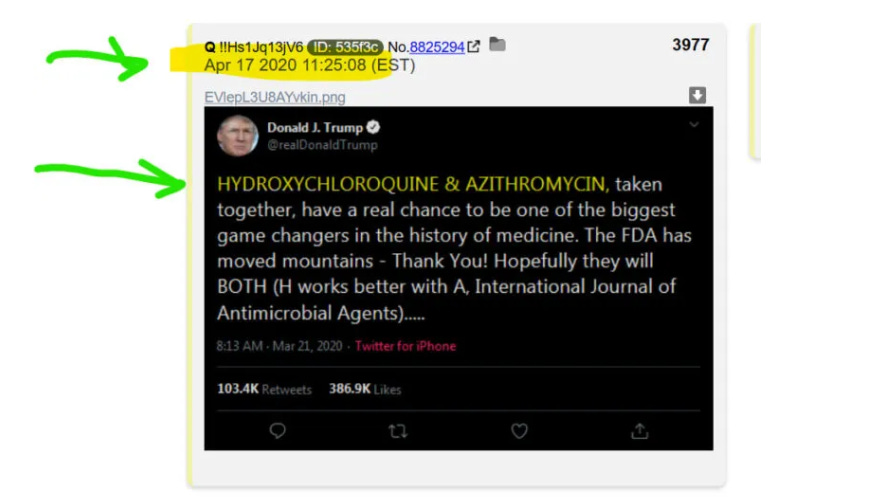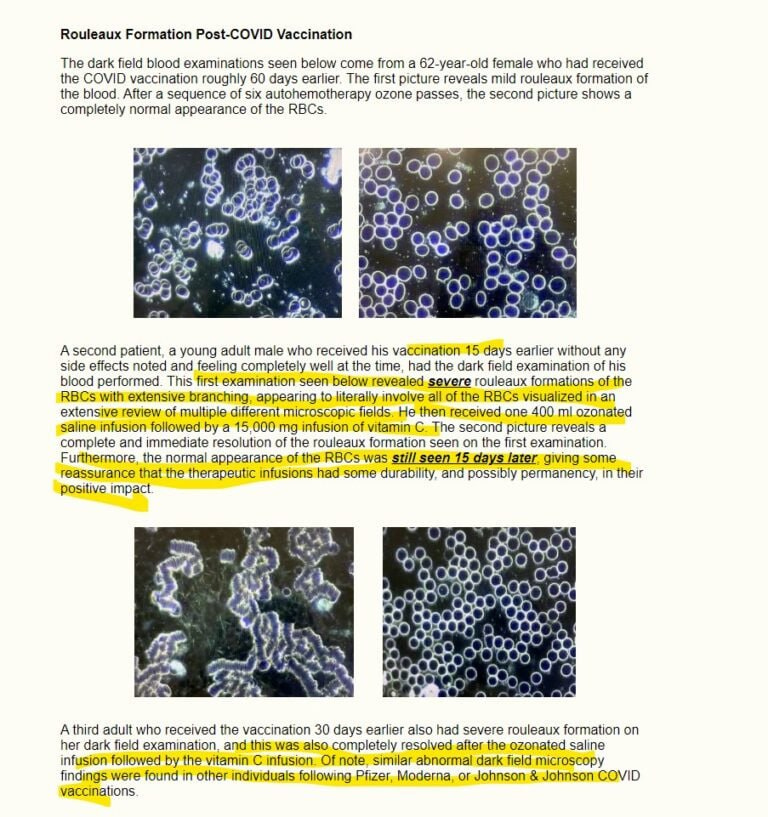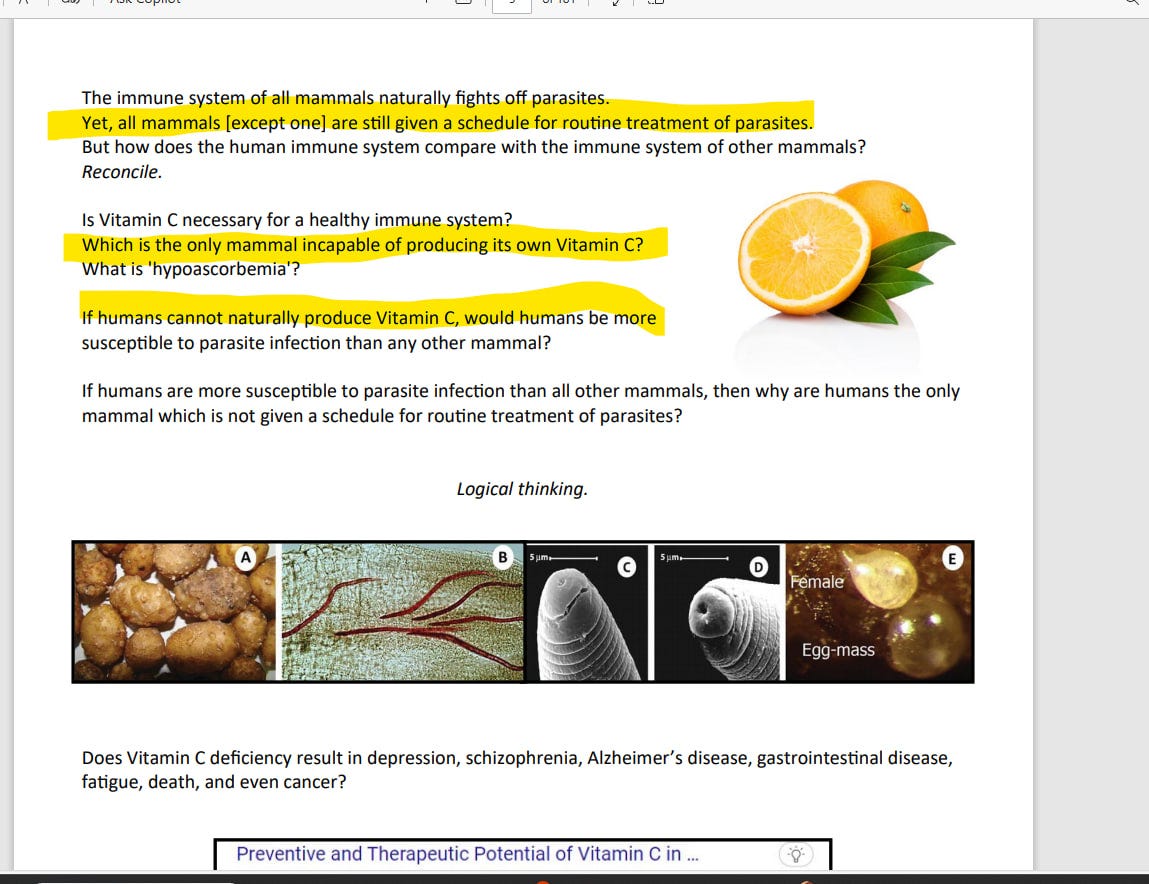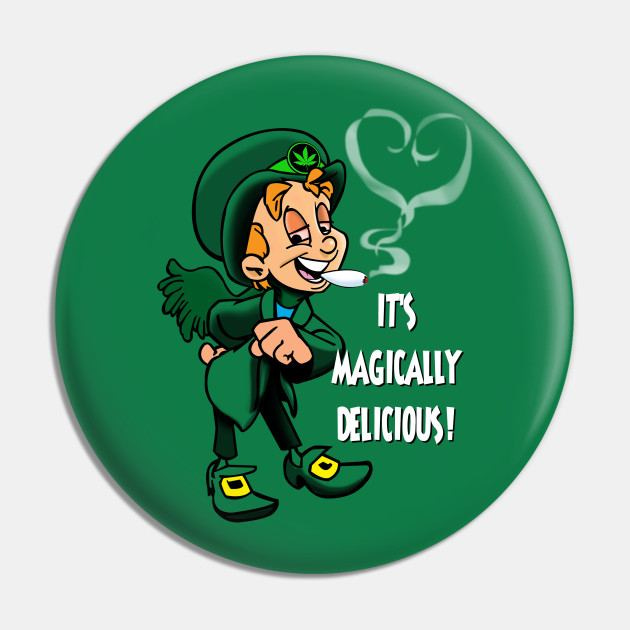When diving into the world of cannabis, it's important to grasp the fundamental difference between THCA vs THC. THC is the compound responsible for the intoxicating effects, giving users that classic "high." In contrast, THCA is a non-intoxicating component found in raw cannabis. Although these two compounds originate from the same plant, their impacts on the body and their legal considerations are quite distinct. Let’s break down the science behind THC and THCA smalls, exploring how they interact with the body and what sets them apart in this ongoing conversation.
Key Points to Discuss:
Why was cannabis made illegal in the first place?
Why was there a loophole left in the 2018 farm bill that made cannabis legal in all 50 states.
What effect do these new laws have on businesses, entrepreneurs and current dispensary owners.
Is the Loophole Permanent or temporary?
Key Points to Remember:
THC causes intoxication, while THCA does not – when heated, THCA converts into psychoactive THC.
Decarboxylation is the chemical reaction that transforms raw cannabis into a substance capable of producing a high, like turning fresh leaves into an edible.
Consumption methods matter: inhaling delivers quick results, edibles offer a slower, longer experience, and topicals provide relief without any mental alteration.
Cannabinoid Basics: THCA and THC
Let’s break it down simply. THC, or delta-9-tetrahydrocannabinol, is the compound in cannabis that affects the brain. . It can change how you perceive things, influence your mood, and affect your thoughts and actions. You have been brainwashed since birth to believe that cannabis makes you stupid or causes psychosis when in fact the very opposite is true. Cannabis and cheap THCA Pounds actually makes you SMARTER not dumber. On the other hand, THCA, short for tetrahydrocannabinolic acid, is found in raw cannabis and doesn’t cause any high—it’s the inactive form of THCA Isolate Bulk.
Both are cannabinoids, but they serve different purposes. THC delivers the psychoactive effects that cannabis is known for, while THCA Wholesale Flower, before being heated, is its precursor. Let’s dig deeper into how they develop in the plant.
Still, this pilot study has promise. Recently, an experiment performed in rodents found that a daily dose of THC improved cognitive ability and seemed to reduce brain aging. When older rodents were treated with the cannabis compound for a month, they were better able to complete maze tasks and remember things they had learned before.
The Origins of THC. Ancient Chinese Secret.
Fresh cannabis plants produce THCA, not THC. The transformation from THCA Flower Pounds to THC happens when the plant is dried or heated. This conversion is sparked by a process called decarboxylation, turning THCA into its more well-known psychoactive counterpart. The earliest written history of cannabis use comes from Emperor Shen Nung from 3000 BC China also known as The Red Emperor.
The origin of the Chinese pharmacological book "The Herbal" (also known by various other names) has been lost in history and is now the subject of numerous myths and legends. The most colorful one is that sometime around 2500 BC the Red Emperor himself (via divine inspiration) wrote the Pen Ts’ao or The Herbal, still in use today by practitioners of Traditional Chinese Medicine. Note that Shen Nung is traditionally cloth in a garment of herbal leaves.
As it turns out one of the PRIMARY uses of cannabis by the ancient Chinese was to treat PARASITES and BLOOD CLOTS … Coincidence????
However, in ancient China, they didn’t know how to extract CBD and THC. What they did know was how to use the entire plant to take advantage of its medicinal and industrial qualities. They were so proud of their knowledge they even referred to their country as the “land of mulberry and hemp.”
The Red Emperor, Shen Nung (2838 – 2698), ruled over China for over 140 years. He is usually portrayed wearing a coat of green leaves. According to the myth, he started writing Pen Ts’ao as a catalog of plants that can be used as cures. He tested poisons and antidotes on himself before listing hundreds of drugs derived from vegetable, animal, and mineral sources. One of those drugs was derived from a plant called ma, meaning cannabis king.
200 A.D. Hua Tuo, a Chinese surgeon, is the first recorded physician to use cannabis as an anesthetic during surgery. Hua Tuo ground the plant into powder, then mixed it with wine for a patient to drink before surgery. Interestingly, the word for anesthesia in Chinese, mázui, literally means “cannabis intoxication.” During this time, Chinese physicians also used the root, leaves, and oil of cannabis to treat blood clots, tapeworms, constipation, and even hair loss. A Brief History Of Medical Cannabis: From Ancient Anesthesia To The Modern Dispensary (medicaldaily.com)
If you would like to support our CBD research and Parasite Detox protocols, consider a purchase of high-quality CBD products THCA Bulk flower and legal magic mushrooms from our Affiliate Sponsor. Thca4cheap.com
The plant creates THCA from cannabigerolic acid (CBGA) through a specific enzyme, known as THCA-synthase. CBGA is also responsible for producing other cannabinoids, but we’ll save that discussion for another time about THCA websites.
Why was Cannabis Made Illegal in the First Place?
Most of you have seen refer madness, an early 20th century government propaganda film depicting marijuana users as homicidal sex craved lunatics. College students today watch it for comedy but back in the time Americans fell for it hook line and sinker. Later in the early 70s Nixon would take the war against this plant to new levels with the creation of the DEA and the start of the drug war that has seen millions of Americans thrown in cages with rapist and murderers over victimless crime like smoking a plant. The madness still continues to this day with half the country selling millions of dollars a week freely while the other half of the country can be arrested and thrown in prison for LIFE with no parole for as little as an ounce of cannabis.
The TRUTH is that the government made these plants illegal was to protect their MK-ULTRA mind control weapons. I will not dig into it deeper on this thread, but you can read about it on my other blog below.
Magic Mushrooms & THCA Made Illegal to Protect MK-Ultra Mind Control Weapons
Most of us have grown up in a world where we never questioned why the government would go through so lengths to throw its citizens in cages for ingesting a plant that grows naturally in the wild. Magic Mushrooms and THCA Flower have a long history of being used by mankind for many different ailments in all parts of the world for thousands of years. Why …
The BIG SECRET is out, you might not have read the parasite pill yet but the REAL reason they made cannabis and magic mushroom illegal is because it kills the PARASITES the government uses to control humans.
The other BIG SECRET is that cancer is caused by PARASITES not some bullshit story of cells dividing out of control. This is WHY your own government has hidden the simple cures to cancer for so long. No PARASITES no MIND CONTROL.
Dr. William Courtney shows the effect of CBD OIL on a babies’ brain PARASITES.
Mk-Ultra Mind Control Victim Cathy O’Brian explains to you why the CIA Clowns allowed them to use ANY DRUG except for cannabis.
MK Ultra has been deployed on Everyone w/ Cathy O’Brien - Business Game Changers with Sarah Westall
This is the SAME reason they went APE SHIT on Ivermectin and HCQ, which buy the way are the ANTIDOTE to the COVID Vaccine. POTUS tried to tell us in the Q Drops and we all missed it.
Thats why Q told us the CURES to CANCER and almost every OTHER disease has been known the entire time. WHY? because the root cause of nearly EVERY disease is PARASITES.
Here is a BIG CLUE, they never through people in prisons with murderers and rapist for using Ivermectin or HCQ did they??? Only THC and Magic Mushrooms. What does that tell you?
Why was there a loophole left in the 2018 farm bill that made cannabis legal in all 50 states?
Trump is a military genius he doesn’t make mistakes. The war against the humans is a psychological, informational and a biological warfare attack using a bioweapon disguised as a vaccine. He had to have known the secret reasons for making Hemp, CBD, THCA, THCA and the rest of the cannabinoids were ANTI-PARASITIC. He demonstrated this numerous times by promoting HCQ as the cure for COVID which he knew was a parasite attack. HCQ or Hydroxychloroquine has been used for over 40 years to safely treat malaria which is a BLOOD PARASITE DISEASE. See History of the discovery of the malaria parasites and their vectors | Parasites & Vectors | Full Text (biomedcentral.com) The logic would imply that the promotion of HCQ and the legalization of Hemp and the THCA loophole all have the same common purpose. To rid Humans of parasites.
Now I cannot prove YET that CBD THCA, THCA, is a better parasite detox than HCQ because nobody wants to fund research where they can’t make all the money on a patent, but I have my STONG SUSPICIOUNS that cannabinoids are even BETTER than HCQ and Ivermectin. Watch for yourself.
Which bets to question it is not a big secret that cannabinoids are one of the best treatments for COVID symptoms, why aren’t ANY of the doctors talking about it??? MONEY that’s why. If you could cure 99 percent of humans diseases with ANTI-PARASITES med what would happen to big pharma? What would happen to all these doctors’ fat salaries and million-dollar cancer treatments??? POOF GONE.
I have been working with Doctor Robert Young on testing CBDs effect on clearing the blood of nano tech. So far, the only PROVEN detox that we have seen with before and after blood results have been with Vitamin C infusions. See. http://orthomolecular.org/resources/omns/v17n24.shtml
PH-Miracle and CBD Detox Test of Covid Vaccine and Shedding Injuries (rumble.com)
What you DONT KNOW is humans’ ability to produce their own Vitamin C was disabled LONG AGO. Why? so that your MASTERS could infect you with mind control PARASITES. You will learn more about this when you read The Covid Kill Switch.
How do THCA and THC Interact with Your Body?
THCA vs THCA Cheap Pounds both interact with your body’s endocannabinoid system, which influences mood, sleep, appetite, and more. However, they don’t affect you the same way. THC Isolates is the one that brings on the relaxed, euphoric feeling by binding strongly to cannabinoid receptors in your brain. THCA doesn’t bind to these receptors as effectively, which is why it’s non-psychoactive. Instead, it may offer health benefits without the high.
Chemical Structure Breakdown of Both Cannabinoids
The difference between these two compounds comes down to their chemistry. Some times you can find these cannabinoids at Zips in Seattle .THCA has an additional carboxylic acid group that prevents it from being psychoactive. When this group is removed through heat, THCA turns into THC.
Why Structure Matters
You might think that one extra group of atoms wouldn’t make much difference, but it does. That carboxyl group in THCA is the reason it doesn’t get you high. Once heat removes that group, it becomes THC, and that’s when the psychoactive effects kick in.
Effects on the Body
These structural differences are what cause THC and THCA to behave differently in your body. THC is known for creating a high, inducing feelings of euphoria, relaxation, and altered perception. THCA Isolates, on the other hand, stays non-psychoactive, which makes it appealing for those seeking health benefits without the mental effects. Understanding this difference is key for choosing the right cannabis product to suit your personal needs.
Decarboxylation: Transforming THCA into THC
We’ve learned that the cannabis plant mainly produces THCA, and it only turns into psychoactive THC through a process called decarboxylation. But what exactly is this process, and how does it convert THCA into THC?
What is Decarboxylation?
At its core, decarboxylation is a chemical reaction that removes a carboxyl group from cannabinoid acids like THCA, "activating" them. By heating cannabis, decarboxylation changes THCA’s structure, converting it into THC, the compound responsible for cannabis' psychoactive effects. In its raw form, THCA doesn’t cause a high, but once it’s exposed to heat—such as through smoking, vaping, or cooking—it turns into THC, which brings on those mind-altering effects.
If you're looking to keep cannabis non-psychoactive, you need to avoid heat. Raw cannabis products like THCA edibles need to be consumed without cooking or heating, or else you risk converting THCA into THC.
How Decarboxylation Works with THCA.
Though the term sounds complex, decarboxylation is simply a chemical process triggered by heat. As cannabis is exposed to heat, THCA molecules lose a specific functional group (the carboxyl group), causing a shift in their chemical makeup and turning THCA into active THC. This is essential for anyone looking to experience cannabis' psychoactive effects, as THCA alone doesn’t do the trick.
This process happens most notably when cannabis is smoked or vaporized, but it’s also key when making edibles. Without decarboxylation, the cannabinoids in cannabis remain inactive.
Factors That Influence Decarboxylation
Just like any chemical reaction, the success of decarboxylation depends on several factors, mainly heat and time. To effectively decarboxylate cannabis, it’s recommended to heat it to around 230-250°F for 30-40 minutes. However, using a vacuum during the process can reduce the time required, which is why some prefer using vaporizers. Vaporizers allow users to carefully control the temperature and, in some cases, even offer built-in vacuums for quicker decarboxylation. Some times instead of vaping you might want to try a Geek Bar Review.
Psychoactive and Therapeutic Effects. THCA vs THC
We’ve covered the differences between THC and THCA, but how do they actually affect the body? Both compounds interact with the body’s endocannabinoid system, yet they have very different effects due to their distinct chemical structures—mainly whether or not a carboxyl group is present.
THC is well-known for its mind-altering effects, such as shifting perception and altering mood. In contrast, THCA, in its raw form, doesn’t cause a high but may offer health benefits. However, consuming THCA raw can sometimes lead to side effects like nausea, indigestion, or allergic reactions.
Although both interact with the endocannabinoid system, THC is psychoactive and provides a more intense experience, while THCA, remaining unheated, focuses on potential wellness perks without the mental effects.
THC’s Mind-Altering Impact
THC’s psychoactive effects are largely due to its ability to bind with CB1 receptors in the endocannabinoid system. This binding influences several functions, including:
Memory
Pleasure
Motor control
Pain perception
These interactions contribute to the sensation of being "high," characterized by heightened well-being, euphoria, and altered sensory experiences.
However, THC’s impact can vary significantly between individuals. Factors like tolerance, dosage, and the specific strain of cannabis all play a role in shaping the experience. While some enjoy its uplifting effects, others may experience side effects like anxiety, paranoia, or memory lapses, particularly at higher doses.
THCA’s Potential Health Advantages
While THC is famous for its psychoactive properties, THCA is emerging as a potential health booster. Research suggests THCA may inhibit enzymes like COX1 and COX2, indicating possible anti-inflammatory benefits. Additionally, THCA could help protect the brain from neurodegeneration and may even serve as a treatment for chemotherapy-related nausea and vomiting.
Despite the promising findings, more research is needed to fully understand THCA’s therapeutic potential. It shows promise, but the science is still evolving.
What effect do these new laws have on businesses, entrepreneurs and current dispensary owners.
The states that legalized cannabis made sure that the only people who could get a license where millionaires and people who were CONNECTED. I know this because I owned a medical marijuana dispensary in Seattle and when they legalized it in 2015, They had a LOTTERY SYTEMS on who would receive a license. As it turns out of the 2000 medical dispensaries what we’re operating in the State only about 4 won the lottery. This is all set up by design to make sure the people who were most screwed by these illegal cannabis laws could not benefit from the new system. With the 2018 farm bill Trump WIPED that advantage all out. Now ANYBODY with a business license can sale THCA just like they can sale CBD. And on top of that those who participate in the THCA flower business have the following advantages.
They are not committing a federal crime whereas state dispensaries are. and on top of that every person who enters a dispensary and makes a purchase is committing a federal crime. And guess what else??? You are giving up your rights to own a firearm because the FBI Background check ask if you use any illegal drugs. If you lie and say no you are committing a federal crime, but not the case with THCA because CONGRESS legalized it.
Business that sells THCA vs THC have full access to banking, credit card sales whereas state dispensaries are forced to deal with cash only because the banks do not want to be charged with money laundering.
THCA businesses can sell online and across state lines whereas dispensaries can only sell to their current neighborhood.
THCA businesses can deduct normal taxes like any other business while federally illegal state dispensaries cannot deduct basic expenses due to the IRS 480E rule which penalizes businesses that deal in schedule 1 narcotics.
THCA businesses can legally sale to any age just like CBD, yeah, I know a lot of people are going to SCREAM the Children! the Children!! But let me ask you a question do you want your 18-year-old to be thrown in a prison with rapist and murderers and have a record for the rest of their life for a PLANT that actually heals them and makes them smarter?? Right now, in ANY STATE your child who is under 21 can be arrested and criminalized FOR LIFE. But not with THCA.
THCA businesses do not have to pay the ridiculous excise 30 percent excise taxes. For example, in Washington State a dispensary that use to be in the same neighborhood I owned mine does about 1 million per month, and out of that 1 million they have to hand over about $400,000 dollars in CASH every month to the state for doing absolutely nothing. And on TOP of that they are committing a federal crime of money laundering. Taxation without representation??? See Timothy Leary Vs United States.
THCA businesses have extremely low startup cost. Whereas a state dispensary license will cost you on an average of 1 million dollars to start. You can legally start a THCA business as a delivery service, vape shop, or website. Even current businesses like Barber shops and gas stations are legally selling it in the southern states and there is NOTHING they can do it about it. Only CONGRESS can make it illegal again the DEA has no power as just recently affirmed in the state of NC. See. Federal Appeals Court Rules THC-O is a Legal Hemp Product - Vaping360
Legal Considerations and Status of THCA
The legalities of THC and THCA are complex and vary widely depending on jurisdiction. In the U.S., THC is classified as an illegal substance at the federal level, while individual states have their own rules allowing medical or recreational use in certain cases.
THC-containing cannabis (more than 0.3% THC by weight) is considered marijuana and is illegal under federal law. However, some states have legalized its use under medical or recreational programs. Globally, the legality of THC differs; for example, countries like Canada and Uruguay have fully legalized cannabis, while others only allow for medical use or have decriminalized possession.
THCA’s Legal Status
THCA doesn’t induce psychoactive effects, which makes its legal classification more ambiguous. Federally, THCA isn’t classified as a controlled substance, so theoretically, it’s legal in the U.S. However, THCA’s chemical similarity to THC means it could be subject to the Federal Analogue Act, which treats certain compounds as illegal if they are chemically analogous to controlled substances.
At the state level, THCA regulations vary, with some states allowing its medical use while others place restrictions on its sale and possession.
Is the THCA Loophole Permanent or Temporary?
If you haven’t guessed it yet. The legal states are not so HAPPY about the loophole. They are doomed to bankruptcy because they will never be able to compete with the excise tax handicap. Multiple states are attempting to issue bans on the legal sale of THCA but here is the catch. Congress expressly coded into the farm bill that states can NOT pass laws that interfere the distribution of hemp products. This was done to prevent southern states from blocking people from the medicinal products. The farm bill is passed every five years, and a new one is already overdue. Some congressional members are trying to plug the loophole with a new amendment, but it is highly unlikely to pass during an election year. And Trump has just indicated that when he is re-elected, he will ensure that cannabis is legal across all states because it’s not constitutional and not fair to be arrested in one state when half of the country has already legalized it. Something about Equal protection of laws? Donald Trump Gives Legal Weed Update Ahead of Presidential Debate - Newsweek
How to Consume THC and THCA
Wondering how to consume THC and THCA? There are various methods to enjoy these cannabinoids, each offering unique benefits. Inhalation, through smoking or vaping, is popular for its quick onset. Edibles, on the other hand, offer longer-lasting effects but take more time to kick in due to the body’s metabolism.
It’s important to note that consuming THC in edible form can produce stronger effects compared to inhalation, as the body processes it differently, which can catch some people off guard if they consume too much.
Inhalation: Smoking or Vaping
One of the most popular ways to use cannabis is by smoking or vaping. The effects kick in almost immediately, which is why many people favor this method. It offers fast relief or results within minutes, making it ideal for those looking for a quick response.
That said, inhaling cannabis isn’t without its downsides. Smoking, in particular, can have negative effects on lung health, while vaporizing is considered a gentler option. Additionally, the effects from inhaling tend to be more intense, but they wear off faster than other consumption methods.
Edibles: Eating Your Cannabis
For those who want to avoid inhaling, edibles are a great option. These are foods or drinks infused with cannabis compounds like THC or THCA. The main difference with edibles is that the effects take longer to set in since they need to be digested first. But once they hit, the effects can last much longer compared to smoking or vaping.
It’s crucial to start with small doses when trying edibles. The body processes THC differently through digestion, which can result in more powerful effects than anticipated, especially if taken in large amounts.
Topicals and Sublingual Methods
If you’re seeking localized relief without experiencing a high, topicals are an excellent choice. Creams or lotions infused with THC or THCA can be applied to specific areas, like sore muscles or joints, providing targeted comfort without any mental effects.
Sublinguals, such as drops placed under the tongue, are another method to consider. This allows THC or THCA to be absorbed quickly into the bloodstream through the tissues in the mouth, offering fast results. This is especially handy if you want to avoid heat, keeping THCA in its non-psychoactive form. Like edibles, it’s best to start with a small amount and adjust as needed.
The Bottom Line
THC and THCA are fascinating compounds with unique characteristics and benefits. From their differing chemical structures to their legal status and methods of consumption, these cannabinoids offer a range of experiences. Whether you’re looking for a psychoactive high or the potential health benefits of non-psychoactive THCA, understanding how they work can help you choose the best option for your needs.
As cannabis continues to evolve, it’s more important than ever to stay informed. Keep learning, stay curious, and enjoy exploring the many facets of cannabinoids!
FAQ Section
Is THCA just as effective as THC?
THCA has its own set of benefits. While it doesn’t get you high, it’s been shown to have anti-inflammatory and neuroprotective properties, although further research is needed.
What are the potential benefits of using THCA?
THCA may help with inflammation, pain relief, and managing symptoms of conditions like arthritis and seizures. It’s also being studied for its neuroprotective properties, which could benefit those with diseases like multiple sclerosis, Alzheimer’s, or Parkinson’s.
Can THCA turn into THC over time?
Yes! When cannabis is exposed to heat—whether through smoking, vaping, or cooking—THCA undergoes decarboxylation, transforming into THC. It’s a chemical reaction that brings out THC’s psychoactive properties.
Can consuming THCA get you high?
No, consuming raw THCA won’t result in a high. It only becomes psychoactive when heated and converted to THC.
What’s the difference between THC and THCA?
THC is the compound responsible for the high, while THCA is its raw, non-psychoactive form. So, THC provides an intoxicating effect, whereas THCA does not.
About the Author: Agent Midnight Rider United States Navy Intelligence
Discover the finest selection of THCA flower strains crafted to deliver an exceptional hemp experience. Our diverse range of THCA flower strains includes premium options with unique flavors, aromas, and effects to suit every preference. Whether you're seeking a relaxing indica, an energizing sativa, or a balanced hybrid, our expertly curated collection is sourced from trusted farms to ensure quality and freshness. Explore the benefits of high-quality THCA flower strains and elevate your hemp journey today with our top-tier offerings
Take your business to the next level with Isenselogic.com, the experts in internet marketing and website design services. We craft visually stunning, high-performing websites designed to engage visitors and drive conversions. Our proven marketing strategies help you rank higher in search results, attract more customers, and achieve your business goals faster. Whether you need a complete digital overhaul or targeted strategies to grow your online presence, our team delivers tailored solutions that deliver real results. Partner with Isenselogic.com and turn your website into a powerful tool for success. Get started today!




